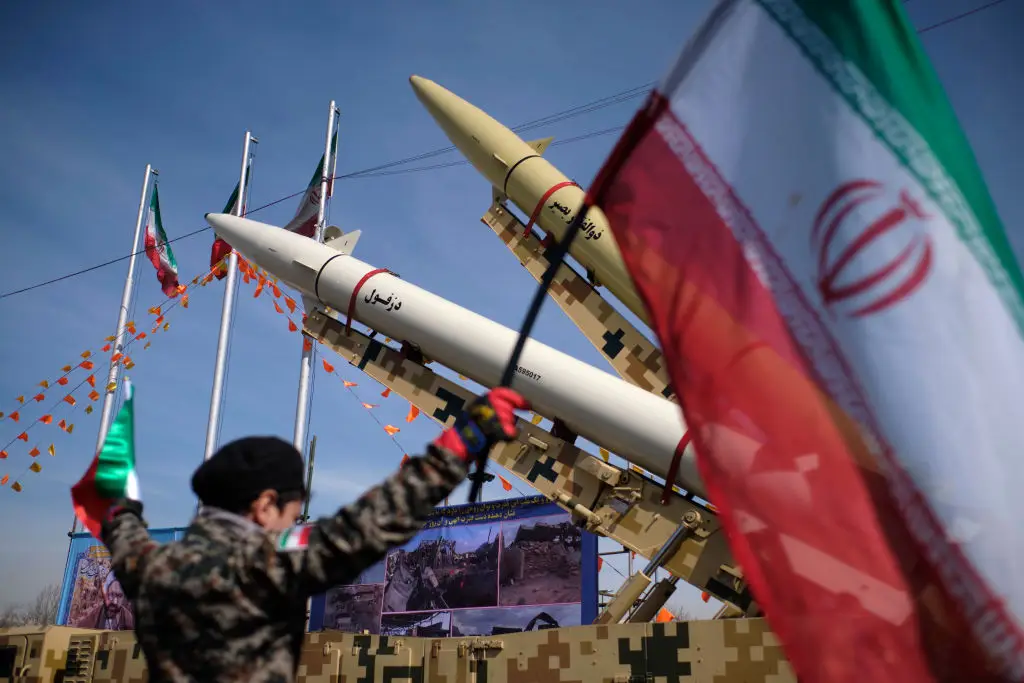The U.S. intelligence community, in its Annual Threat Assessment released on March 25, maintains that Iran is not actively pursuing a nuclear weapon. Despite assessments by the UN that Iran has significantly increased its uranium enrichment, which could be sufficient for building multiple weapons, the U.S. report asserts that Supreme Leader Ali Khamenei has not reauthorized the nuclear weapons program that was suspended in 2003.
The report notes, however, that there has been growing public discourse on nuclear weapons within Iran, which has likely emboldened advocates for the development of nuclear weapons. But the decision-making power ultimately rests with Khamenei.
The U.S. intelligence community’s report, which consolidates the views of 18 agencies including the CIA and the Pentagon’s Defense Intelligence Agency, did not offer any estimate on how close Iran might be to developing a nuclear weapon. However, it highlighted that the decision to weaponize is a political one, not a technical one, since Iran possesses the technical capability to enrich uranium to high levels.
Iran’s growing underground military infrastructure, including missile sites and drone bases, has also raised concerns, particularly as the International Atomic Energy Agency (IAEA) has stated that Iran could have the material for multiple bombs. Yet, experts note that while Iran could theoretically build a bomb, the challenge remains in miniaturizing the weapon to fit on a missile.
Iran’s nuclear program has primarily been a tool for leverage in international negotiations, rather than an immediate step toward weaponization, according to experts. Despite these concerns, there has been no definitive move by Iran to pursue a nuclear bomb.






